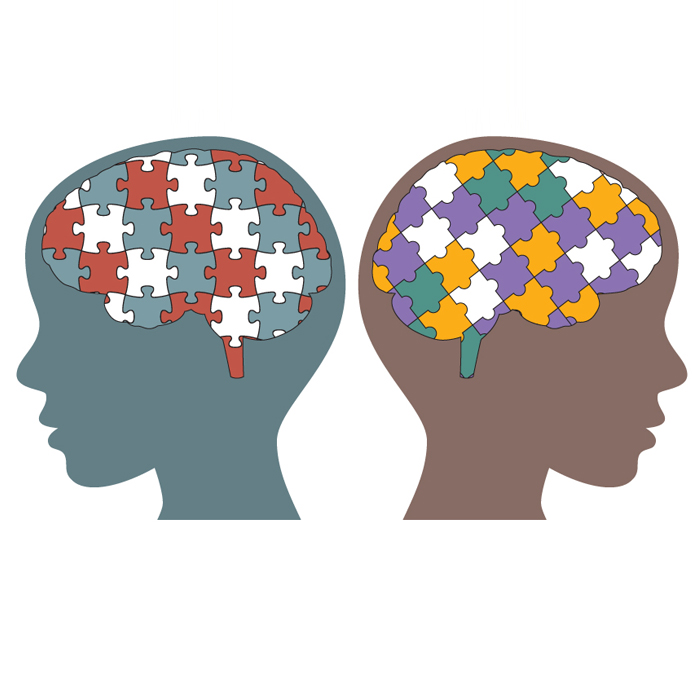Misplaced protein in brain engenders behavior simulating autism. Scientists at Rutgers University Newark have found that when the main protein needed to cause contemporary brain cells in the course of prenatal and former infancy advancement is an absent portion of the brain goes out of control engendering a disparity in its circuitry that can cause deep-rooted comprehending and motion behaviors predictable of autism spectrum disorder.
Juan Pablo Zanin’s lead author of the paper said that in the course of the brain advancement there is a synchronized succession of occurrences that have to take place at the accurate time and appropriate place so as to demonstrate the accurate number of cells with the appropriate links. Every measure is meticulously controlled and if any of these measures are not controlled appropriately this can influence behavior.
Zanin has been working with Wilma Freidman professor of cellular neurobiology scrutinizing the p75NTR protein required to control cell division to ascertain its precise function in brain advancement, obtain a superior comprehension of how the genetic variation could engender brain cells to expire and find whether there is a genetic connection to autism or neurological illnesses like Alzheimer’s.
Albeit p75NTR is not a gene particularly connected to autism it is a portion of the family of proteins required for brain cells to advance, perform and outlive. The precise timing of the pronouncement of this protein is crucial.
Steve Lopez is the Editorial Page Editor for News Raise. He covers Health. He has won more than a dozen national journalism awards for his reporting and column writing at seven newspapers and four news magazines.




